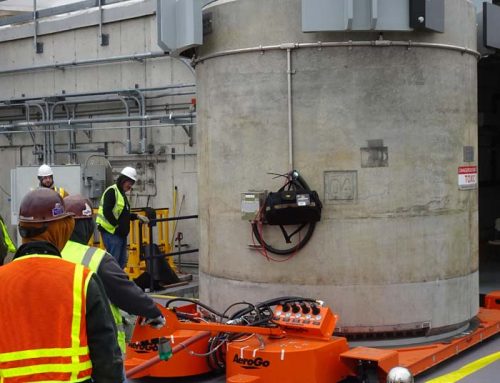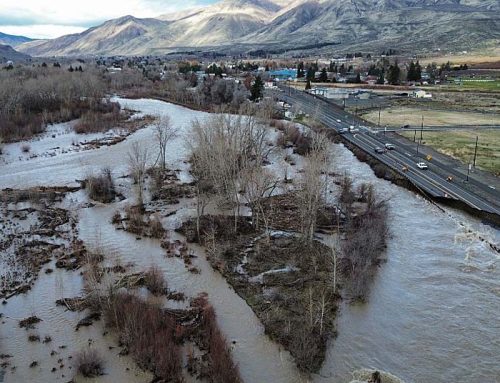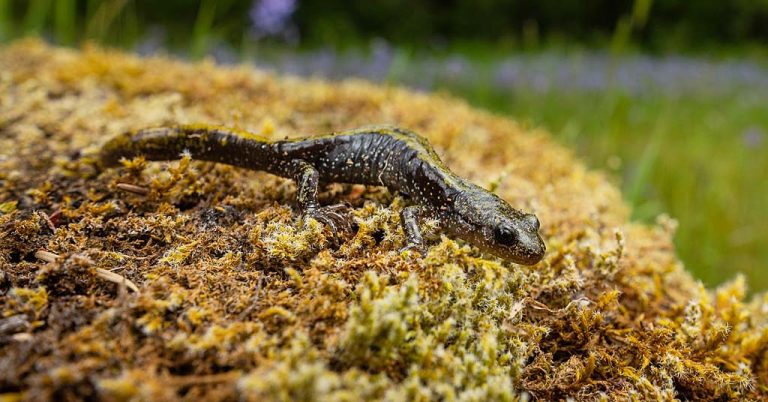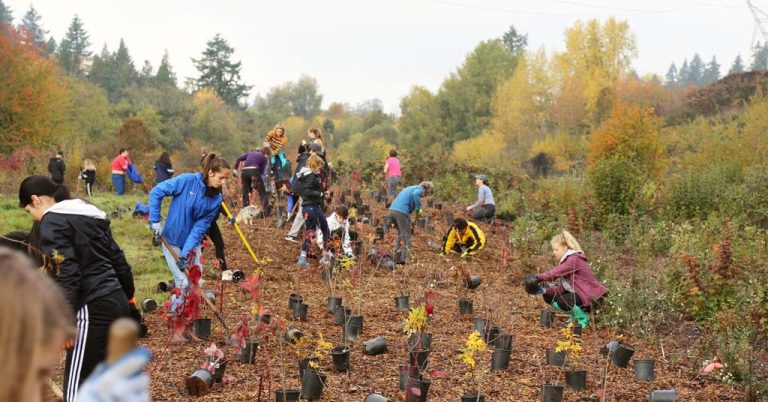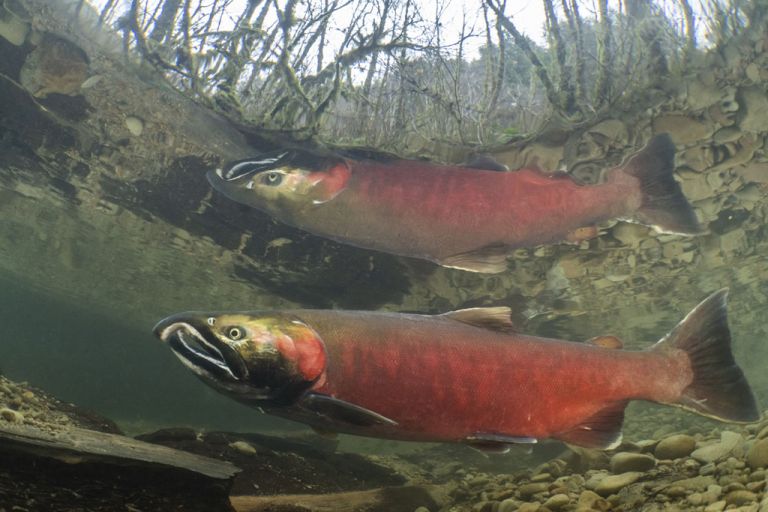CFC Climate Resilience. Hood River impaired rivers. Event listings.
Cascade Forest Conservancy recently published a guidebook for Climate Resilience
Climate change is expected to impact many species and habitats in Washington’s South Cascades. With potential increases in wildfires, insects, high flow events, and mortality from drought, as well as shifts to plant and animal communities, climate impacts pose a threat to both aquatic and terrestrial ecosystems. Their recently published Wildlife and Climate Resilience Guidebook outlines strategies and recommendations to improve resilience and help ecosystems and communities adapt to the impacts of climate change.
EPA considers ‘impaired’ quality listings for Hood River
The Environmental Protection Agency has listed several local rivers, including sections of the Hood River and Columbia, as potentially ‘impaired,’ or at a limited water quality due to pollution. EPA staff and local volunteers gathered data, which led to the agency finding more than 1,055 waterways with limited quality in Oregon. The federal agency’s report, released in December, includes new listings for pesticides, heavy metals, and other toxic pollutants that can damage water quality and endanger fish. Those 303(d) listings spur Oregon Department of Environmental Quality to develop river improvement plans. Among the local sites EPA has proposed as additions to the ‘impaired’ category are: the Hood River, Neal Creek, Indian Creek, Lenz Creek, Odell Creek, Threemile Creek, and Chenowith Creek. Read the full article by the Hood River News here.
“The Environmental Protection Agency’s (EPA) new listings for Oregon’s polluted streams reads like a laundry list of environmental worst actors: Dichlorodiphenyltrichloroethane (DDT), Arsenic, Chlordane, Chlorpyrifos, Dieldrin, Heptachlor epoxide, and Malathion. Read the full blog post about Columbia Riverkeeper’s volunteer efforts to detect pollution in local rivers here.
Remember to check out the EnviroGorge events page. Listings this month include native plant sales, workshops about landscaping for natives and beneficial habitat for farms, and solar opportunities for business. If you have information to add, please email us your listings at susanh(at)envirogorge.com

